Whether it’s jotting down your thoughts in a journal, crafting a story, or simply making a list, writing is more than just a way to communicate—it’s a powerful tool for improving mental health and happiness. In this blog, Mrs Wordsmith explores how writing can transform your well-being and why encouraging children to write sets them up for a brighter, happier future.
Table of Contents:
Why Writing Is Good for Your Well-being
When we write, we sift through the jumble of thoughts in our minds, decide what matters most, and connect ideas into a meaningful narrative. This process helps us make sense of our feelings and experiences, turning chaos into clarity.
Research shows that writing has profound effects on mental and physical health. In a landmark 1980s study, participants who spent just 15 minutes a day writing about traumatic experiences saw remarkable improvements: six months later, they visited health centers 50% less often than those who didn’t write [1]. The simple act of putting feelings into words helped them process and move on from difficult events.
But the benefits of writing aren’t limited to coping with negative emotions. More recent studies reveal that writing about personal goals and aspirations also boosts well-being, making people feel more positive and hopeful about the future [2]. Writing helps us envision better days ahead and strengthens our resilience.
How to Inspire a Love of Writing in Children

Given the wide-ranging benefits, it’s clear that helping children develop a love for writing is a gift that lasts a lifetime. Here’s how you can nurture your child’s creativity and well-being through writing:
- Start small: Invite your child to help write cards to friends and relatives. Encourage them to be imaginative—let their messages go beyond a simple “happy birthday”.
- Make it exciting: Provide fun notepads or journals, teach them to type on a laptop, or suggest they write about their feelings whenever inspiration strikes.
- Use their interests: Ask them to choose words that have a special meaning to them or illustrations from books and games as prompts for their own stories. Our illustrated dictionaries are the perfect tool for this activity.
By making writing both fun and rewarding, you’ll help your child see it as more than just homework. Writing becomes a way to express feelings, unleash creativity, and build a happier, healthier life.





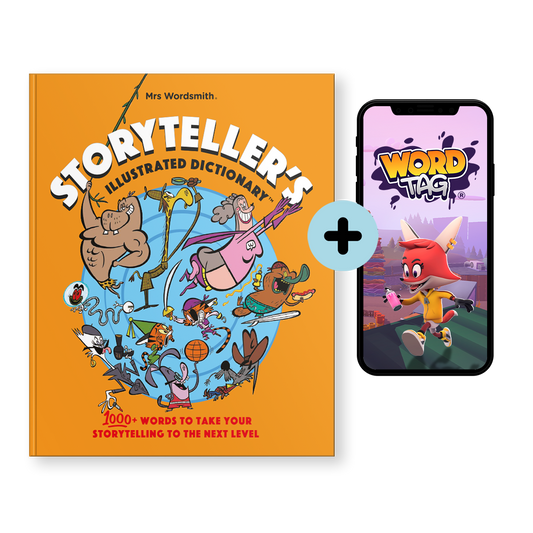
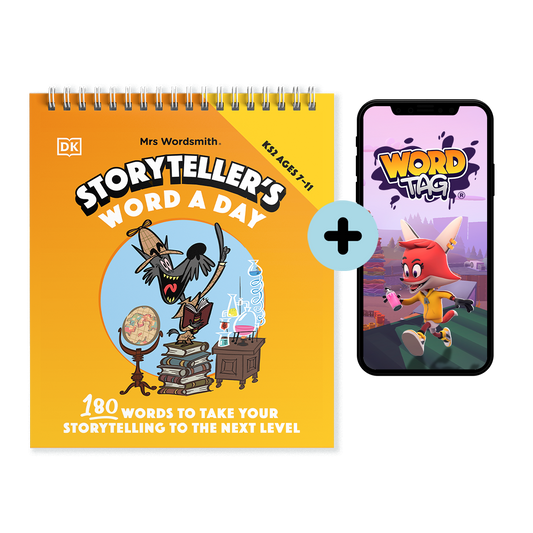



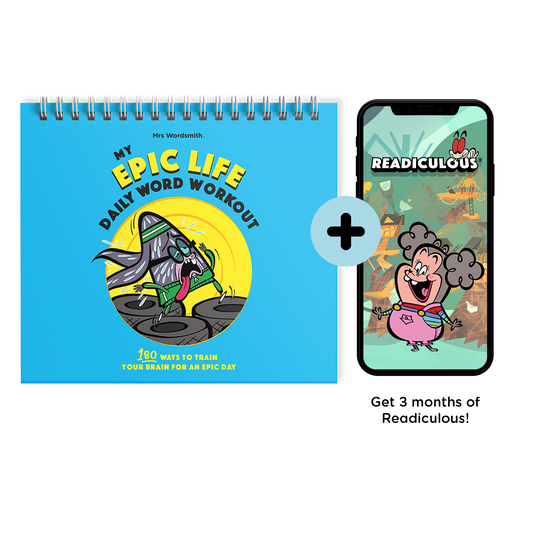






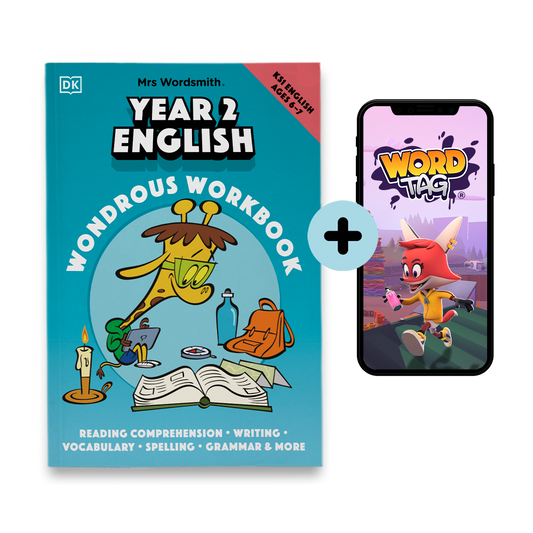



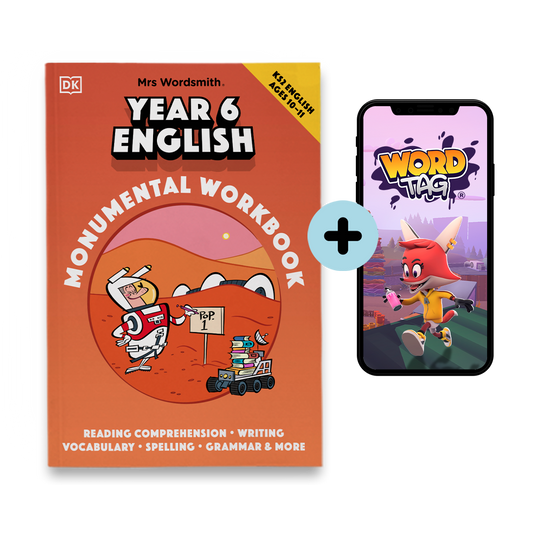


 https://mrswordsmith.com
https://mrswordsmith.com
Comment
Leave a comment